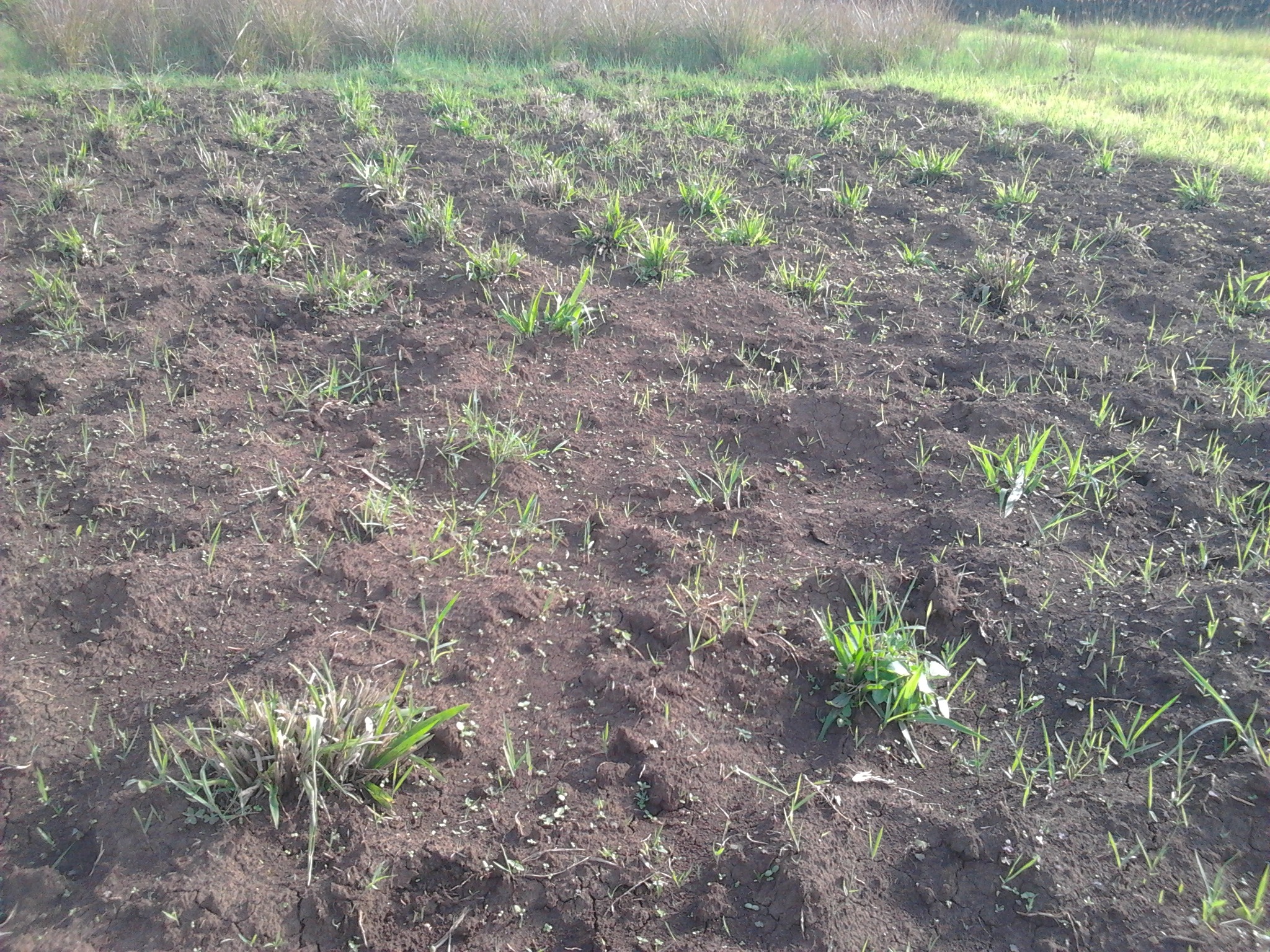
According to the Food and Agricultural Organization (FAO), soil is responsible for 95 percent of our food production, and yet fully one-third of our planet’s soil is degraded and not recoverable within a human lifespan.
FAO projects a global 60 percent increase in the demand for food by 2050, underscoring the need for robust agricultural systems, beginning particularly at the roots with our soil.
As such, ACDI/VOCA is proud to join FAO, United Nations member states, farmers, and civil society organizations around the world in celebrating 2015 as the International Year of Soils to increase awareness of this critical issue.
Essential to Food Security
Healthy soils are essential for the efficient production of food. According to the FAO, the threats to soils are climate change, pollution, unsustainable management practices, degradation, and more.
Maintaining and promoting healthy soils is critical to the farming communities with whom we work. ACDI/VOCA trains farmers in sustainable soil management techniques that boost key nutrients for healthier, more nutritious crops and higher agricultural production.
In Ghana, we work with farmer groups to remediate depleted soils through better management practices and innovative technologies.
In Indonesia, ACDI/VOCA helps producers learn about the costs and benefits of improved soil nutrition. They are trained on how to complement fertilizers with farm compost that enriches the soil with micronutrients for higher yields.
In Cape Verde, ACDI/VOCA supported community associations on soil conservation efforts and terracing to boost production even during drought conditions. Fresh fruits and vegetables, once scarce commodities, became available year round, providing a boost of nutrition in local diets.
Climate Change Adaptation
Through our work, ACDI/VOCA helps communities and farmers adapt to the impacts of climate change. Soil is a crucial foundation of that work.
For example, in Jamaica, our Agroforestry Farmer Field School helps producers gain new skills in how to integrate trees into their farms and home gardens to reduce soil erosion and increase overall productivity.
In Ethiopia, we help farmers provide environmentally sound forage space for their livestock. These measures help conserve the soil while giving producers the ability to raise healthy cattle for market and household use.
In Paraguay, we supported skeptical farmers to see the benefits of better plowing techniques to recover soil fertility, control weeds, and lessen erosion and water loss.
In Armenia, we connected farmers to new drip irrigation system, equipping them to use fertilizer more effectively and reduce water use.
Smart Soil Management is Economically Sound
Our experience shows that with the right technical know-how and access to resources, farming families can make the most of their land in ways that are both environmentally sustainable and economically sound.
We applaud the international community for highlighting soils and their important foundation for human life and farming families’ prosperity. Thank you for joining us in this celebration.
Visit the 2015 International Year of Soils website for more information.








